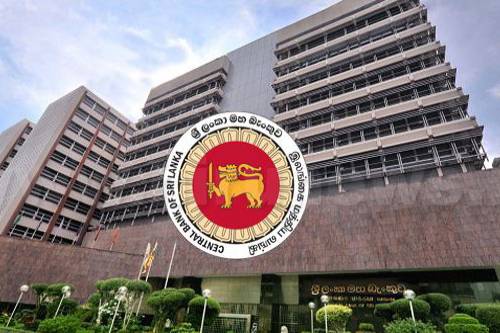The Central Bank is assessing the possibility of introducing an Open Banking Framework for Sri Lanka in order to improve access to financial services as well as drive Financial Technology (FinTech) innovations in Sri Lanka.
An Open Banking Framework would provide a governance structure to facilitate customer-consent based online sharing of financial data with financial service providers using Open Application Programming Interfaces (APIs) .
Further, it is expected that an Open Banking Framework would enable an advanced way of banking in a secure manner that may also strengthen the relationship between banks, providers of financial services, FinTechs and customers, resulting in more innovative financial products and services.
Open Banking is the process of customers giving consent to third-party service providers to access their financial data held in financial institutions in order to obtain value-added services.
It uses Internet-based technology, namely Open APIs to enable third parties including FinTech companies to connect with banks or other financial institutions.
Open Banking enables customers to share pre-determined financial and customer data in a secure environment with third parties that provide innovative financial services.
It is expected that an Open Banking framework in Sri Lanka would increase competition, financial inclusion, enable innovations in financial and other related services as well as enable the public to better manage their finances.
There is an increasing international trend towards open banking in the world. Countries such as UK, members of the European Union, Japan, Hong Kong and Australia have been moving towards introducing open banking due to the benefits that they provide customers.
Developing an Open Banking Framework requires consideration of regulatory, technological, customer protection and business aspects relating to relevant stakeholders as well as the public.
To ensure that it will be beneficial for all customers, banks and other service providers, CBSL is adopting a participatory approach to engage the public, including relevant stakeholders in order to identify market requirements.
(LI)

